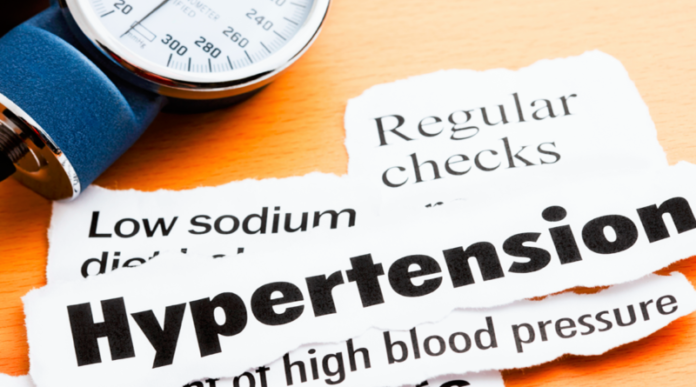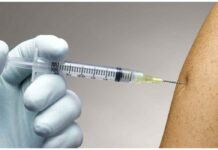Hypertension is a ‘silent killer’
Hypertension, the ‘silent killer’ is responsible for more than 9 million deaths every year. If left untreated, it can lead to serious health issues like heart disease, stroke or kidney damage. Hence, Flypped focuses on the major complications associated with chronic high blood pressure.
It may take years for you to detect symptoms of high blood pressure and it can quietly damage your body for years leaving you with a disability, poor lifestyle or even a heart stroke. This ‘silent killer’ if ignored, can lead to other fatal conditions like heart failure, stroke, eye damage or vision loss and kidney failure but it is never too late. A patient of hypertension can very well deal with the situations by making a few lifestyle modifications.
Damage to eyes
The delicate blood vessels supply blood the eyes and hypertension directly affects these vessels. The following are the complications that arise due to hypertension:
Damage to blood vessel: Hypertension causes retinopathy and can lead to bleeding, blurred vision or eye sight loss.
Fluid under retina: This condition is termed as Choriodopathy which happens due to a leaky blood vessel. This leads to a distorted vision.
Damage to nerve: The optic nerve gets damaged due to the blocked flow of blood. This leads to bleeding in the eye or complete vision loss.
Damage to brain
You may have no symptoms related to the brain, but this silent killer may be right there growing in your body. The complications are:
Clot/Stroke: Extreme cases of hypertension are the most prone to many fatal ailments which can occur in a fraction of second. The most common is a clot which happens to most of the chronic blood pressure patients. It directly affects the blood vessels of the brain. The arteries to the brain have blood clots which lead to stoke or a paralytic attack.
Dementia: Thinking, vision, understanding and speaking are directly affected in dementia due to blocked arteries.
Damage to heart
High blood pressure can certainly affect and damage the functioning of the heart. The complications are:
Heart failure: High blood pressure leads to weakening of the heart muscles and makes it work less efficiently, leading to a heart failure.
Artery disease: The arteries are affected due to high pressure as it obstructs the flow of blood through the arteries.
Damage to arteries
Blood flows through the arteries without any barriers providing the necessary nutrients and oxygen to the whole body. High blood pressure leads to narrowing or blocking of the arteries leading to irregular flow of blood to the other organs. It damages the cells of the arteries, making the artery wall stiff and thick.
Damage to kidney
Healthy blood vessels help do away with the excess and waste from the body and excessive blood pressure directly affects the blood vessels in and around the kidney. The complications are as follows:
Failure: Hypertension damages the tiny blood vessels and arteries to the kidney, leading to accumulation of waste in the kidney. Only a dialysis or a transplant can help deal with this situation.
Scarring: Scarring is also known as Glomerulosclerosis. It directly hampers the process of filtering of waste from the kidney.
Precautions
Today, changed lifestyle and increased stress levels among youngsters is making them prone to BP problems. Here are a few do’s and don’ts if you are among those having high BP:
- Eat low-fat diet – eat more green leafy vegetables and fruits. Consume Olive Oil in combination to your regular vegetable oil.
- Cut back your salt intake in diet.
- Exercise daily for 20-30min. A simple walk in the park also benefits tremendously.
- Limit your alcohol intake. If you must drink, try choosing red wine over scotch!
- Stress adversely affects your BP. Hence, try to find some relaxation in your hectic schedule.
- Regularly monitor your blood pressure.

























